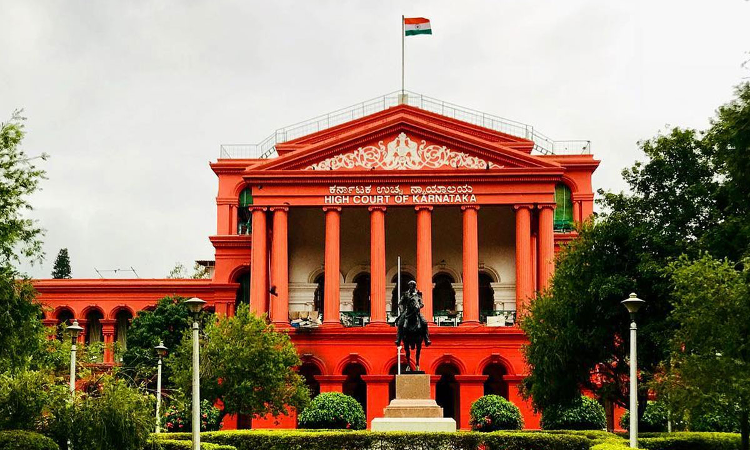The Karnataka High Court has said that an adoption deed or registered document is not a must to prove the adoption of a child. If conditions of valid adoptions as required under the Hindu Adoption and Maintenance Act, 1956 are established, it is sufficient to prove the adoption. A Single judge bench of Justice Shivashankar Amarannavar dismissed an appeal filed by one N.L. Manjunatha who...

